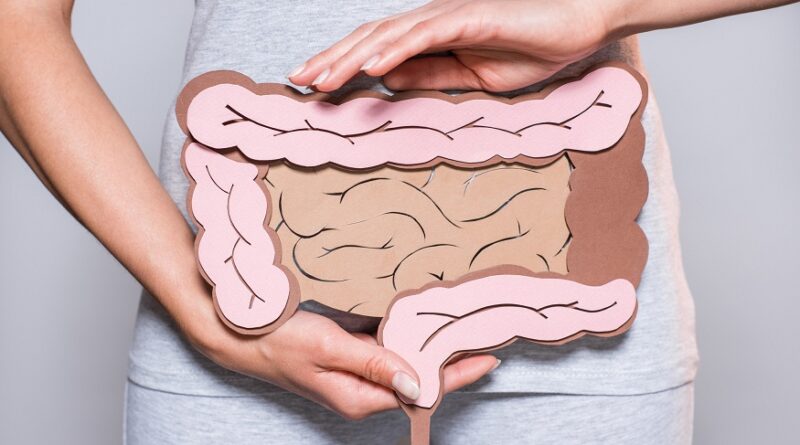The Mighty Microbes: Exploring the Role of Probiotics in Gut Health
The gut is home to trillions of microorganisms that play a crucial role in maintaining our overall health and well-being. Among these microorganisms, probiotics, often referred to as “good bacteria,” have gained significant attention for their potential benefits. Probiotics are live microorganisms that, when consumed in adequate amounts, confer health benefits to the host. In this blog post, we will delve into the role of probiotics in gut health and explore their potential impact on our digestion, immune system, and overall wellness.
Understanding Gut Health and the Microbiota
The gut microbiota refers to the diverse community of microorganisms, including bacteria, viruses, fungi, and other microbes, residing in our gastrointestinal tract. These microorganisms play a crucial role in digestion, nutrient absorption, metabolism, immune function, and even mental health. Maintaining a healthy balance of beneficial bacteria within the gut is essential for optimal well-being.
The Role of Probiotics
Probiotics act as a beneficial addition to the gut microbiota, aiding in the maintenance of a healthy microbial balance. Here are some key roles of probiotics in gut health:
Digestive Health: Probiotics help support healthy digestion by aiding in the breakdown and absorption of nutrients. They can improve the digestion of lactose, assist in the breakdown of dietary fibers, and contribute to a healthier gut environment.
Immune System Support: A significant portion of our immune system resides in the gut. Probiotics help strengthen the gut’s immune response by enhancing the function of immune cells and promoting the production of beneficial compounds that protect against harmful pathogens.
Balancing Gut Microbiota: Probiotics help restore and maintain a healthy balance of gut microorganisms. They compete with harmful bacteria for resources, space, and nutrients, creating an environment that is less favorable for the growth of potentially harmful pathogens.
Alleviating Digestive Disorders: Probiotics have been shown to provide relief from various digestive disorders, including irritable bowel syndrome (IBS), inflammatory bowel disease (IBD), and antibiotic-associated diarrhea. They can help reduce symptoms such as bloating, gas, abdominal pain, and irregular bowel movements.
Sources of Probiotics
Probiotics can be obtained through specific foods or dietary supplements. Some common sources of probiotics include:
Yogurt: Certain types of yogurt contain live and active cultures of probiotic bacteria, such as Lactobacillus and Bifidobacterium species.
Fermented Foods: Foods like sauerkraut, kimchi, kefir, tempeh, and kombucha undergo fermentation, which increases the abundance of beneficial bacteria.
Supplements: Probiotic supplements are available in various forms, including capsules, powders, and liquids. These supplements provide concentrated amounts of specific probiotic strains.
Choosing the Right Probiotics
When selecting probiotics, it’s essential to consider the following factors:
Strain Specificity: Different probiotic strains may have distinct health benefits. Consider your specific needs and choose a probiotic strain that aligns with your health goals.
Colony-Forming Units (CFUs): CFUs indicate the number of viable probiotic organisms present in a supplement. Look for products with an adequate number of CFUs to ensure effectiveness.
Shelf Stability: Some probiotics require refrigeration to maintain their viability, while others are shelf-stable. Consider storage requirements and choose a product that suits your lifestyle.
Quality and Brand Reputation: Opt for reputable brands that prioritize quality, safety, and transparency. Look for third-party testing or certifications to ensure the product meets quality standards.
Conclusion
Probiotics play a vital role in promoting gut health and overall well-being. By maintaining a healthy balance of beneficial bacteria in the gut, probiotics support digestion, boost the immune system, and alleviate digestive disorders. Incorporating probiotic-rich foods or supplements into your diet can be a valuable addition to support a healthy gut microbiota. Remember to choose probiotics that are strain-specific, have sufficient CFUs, and come from reputable sources. Nurturing your gut microbiota with probiotics can contribute to improved digestive health and enhance your overall vitality.
